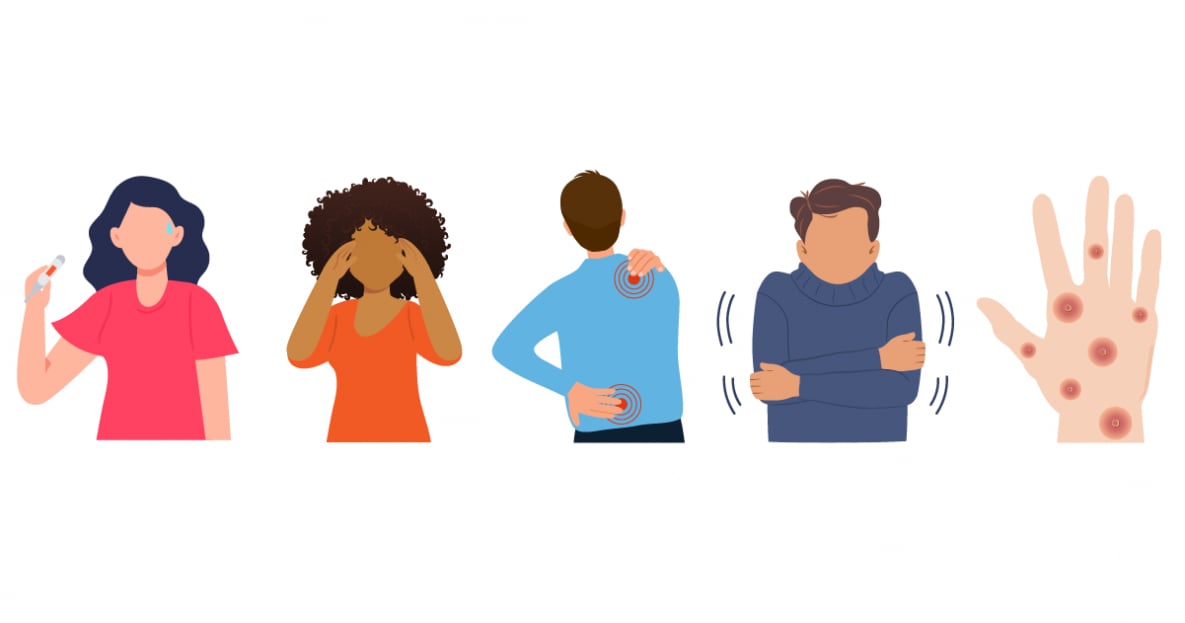Eisenhower Health, Riverside County secure Monkeypox vaccine allotment from CA
UPDATE: 5:10 p.m.
Riverside County will be receiving an additional 1,100+ Monkeypox vaccine doses from the California Department of Public Health, officials announced Thursday afternoon.
Original Report: 11:50 a.m.
Eisenhower patients determined to be at high risk for contracting Monkeypox should expect to hear from their healthcare providers today or tomorrow regarding the availability of vaccinations.
A spokesperson for the health care institution tells News Channel 3 that the "California Department of Public Health has released 120 doses of the JYNNEOS vaccine for monkey pox to Eisenhower Health to assist in the care of Eisenhower patients who have had a high risk exposure to the disease."
Prioritizing doses
Eisenhower plans to follow guidance from the Centers for Disease Control & Prevention (CDC) and the California Department of Public Health (CDPH) to determine who could receive the vaccine doses first.
"To optimally utilize the limited doses available, Eisenhower will prioritize patients with a confirmed or possible high risk exposure within the last 14 days. Additional priority will be given to our higher risk patients, including those with HIV, and to patients with exposures in the last four days, as treatment is most effective immediately following exposure"
Eisenhower Health
Because the current supply is limited, Eisenhower providers are "not able to provide pre-exposure prophylaxis," but noted, "As Eisenhower receives additional allotments from CDPH, we will expand access as much as possible and participate in greater outreach to serve more people in the community."
In Riverside County, six confirmed or probable cases of Monkeypox have been identified. This is according to information available from the Riverside County Department of Health as of July 19. News Channel 3 has learned at least one has been confirmed.
CDC Information on Monkeypox:
How is monkeypox spread?
Monkeypox can spread to anyone through close, personal, often skin-to-skin contact including:
- Direct contact with monkeypox rash, scabs, or body fluids from a person with monkeypox. We believe this is currently the most common way that monkeypox is spreading in the U.S.
- Touching objects, fabrics (clothing, bedding, or towels), and surfaces that have been used by someone with monkeypox.
- Contact with respiratory secretions.
This contact can happen during intimate contact including:
- Oral, anal, and vaginal sex or touching the genitals (penis, testicles, labia, and vagina) or anus (butthole) of a person with monkeypox.
- Hugging, massage, and kissing.
- Prolonged face-to-face contact.
- Touching fabrics and objects during sex that were used by a person with monkeypox and that have not been disinfected, such as bedding, towels, fetish gear, and sex toys.
What are the symptoms of monkeypox?

- You may experience all or only a few of the symptoms of monkeypox.
- Most people with monkeypox will get a rash. Some people have developed a rash before (or without) flu-like symptoms.
- Monkeypox symptoms usually start within 3 weeks of exposure to the virus.
- The flu-like symptoms may include fever, headache, muscle aches and backache, sore throat, cough, swollen lymph nodes, chills, or exhaustion.
- If someone has flu-like symptoms, they will usually develop a rash 1-4 days later.
- The rash may be located on or near the genitals or anus but could also be on other areas like the hands, feet, chest, or face.
- The rash will go through several stages, including scabs, before healing.
- The rash can look like pimples or blisters and may be painful or itchy.
- The rash may also be inside the body, including the mouth, vagina, or anus.
Monkeypox can be spread from the time symptoms start until the rash has healed, all scabs have fallen off, and a fresh layer of skin has formed. This can take several weeks.
